This is my response to a question that someone asked. I found the question so interesting that I decided to post it as a new article. It’s not my hope to offend any religiously minded people, as I do not question the validity of such beliefs. Rather, it is my hope to provide an inner alchemist’s perspective on the ever-developing expanse within us, and how we try to come to terms with it.
The question is as follows:
Hi John
Thanks for posting this article and the link:
I think it perfectly mirrors your own ambition to tell your readers not to take anything (especially words and their interpretation) for granted. However, I have a question about the micro and macro that is also covered in this video: I currently feel that the simulation theory deserves a lot of credit as it gives potential explanations for otherwise rather mysterious theories (what is often referred to as “science” without giving actual proof). What is your opinion on the simulation theory? As I am reading your book about OBEs currently, I was wondering if by having one we might exit this sim and enter a parallel one instead. And the Archon for example might be the adversary (role) player that makes our experience in this simulation (and others) challenging and worthwhile so we can grow spiritually. In other words, the collective reality is given for our individual (alchemical) transformation to take place – which leads back to “there is nothing to change but self”. I would love to hear your opinion about this?
My response:
I find the simulation theory to be a very interesting way for modern people to try to grasp the incredible magnitude of what I refer to as the dark sea.
I have found that every human age has a certain way of classifying and judging the beliefs of its time. What I mean is that every age has its own version of theology, its own religious framework. By religious framework, I mean the way a certain society within a particular window of time is able to truly come to terms with and explore realities and experiences that are at the fringe of personal belief as individuals and as a society.
To the individuals of that time, those terms and the way they map out reality need to be credible. Accepted beliefs are incredibly important here.
For people to believe something is real, those things need to be explained using terms and theories that are in complete alignment with the current facts of the time, and each window in time accepts only certain things to be facts.
Due to the “fact” that the outer senses can only perceive time as a linear event, the beliefs (that is, the facts) of a certain historic period seem to be cutting edge, meaning that everything that preceded this particular time (the past) is inferior, and what is in the future is better, more right, more evolved. What I’m trying to say here is that simulation theory is not a new concept; it is just the newest way to conceptualize (and for some, to utterly believe in) the newest fact framework of the time. For some, this new theory is an interesting way to conceptualize greater possibilities, but in time (for some, already), the simulation theory is already fact. We may be witnessing the birth of a new religion using the current “all is science” framework.
In the past, other windows in time had different words for simulation theory, and there were certainly slight alterations in those general theories as proposed by those people at that time. For example, we could say that the Christian doctrine is one such theory that became utter fact for a time. Interestingly, even though it is for the most part overlooked in this modern time, that old theology had its own kind of science that was quite valid and quite useful to the people of the time. And if we were to take measure for measure, as to which is more helpful to people, there were actually great benefits to that old science, just like there are benefits to this new one. And while that old science did not function in a generally technological kind of way like this new science that now posits simulation theory, that old science functioned through more internal methods that were quite valid and useful to people in medieval Europe, for example.
Certainly, from the modern perspective, being that we humans perceive time as a linear event, and being that psychologically such a framework of perception makes it seem like the past is inferior while the future is cutting edge, that past version of simulation theory seems wrong and can never answer the questions of a modern belief framework.
So, modern simulation theory is the current theology; it is an attempt, a scientific attempt, at tackling the nature of the psyche, or what the Christian framework might have called the soul.
With all that in mind, I find the modern simulation theory incredibly interesting. And being a modern person myself, I am greatly interested in the new technological versions of a systematic theology.
If anything, perhaps this new theology will allow others, perhaps through the use of virtual reality, let us say, instead of “Ignatian meditation”, to explore such profound revelations for themselves in a different way.
Interestingly, you are studying a book on a very old way (astral projection) of exploring the incredibly mind-bending properties of our shared reality. The problem comes, of course, when theory turns into fact in the minds of the practitioners, and certain interpretations of deep experiences while exploring that outer edge of the dark sea are taken to be unassailable fact. That is when theory becomes theology.
And if you doubt the power of the mass of humanity to turn science into theology, then all you have to do is look at these past few years to see just how certain health practices were initiated worldwide.
The simulation is an incredibly interesting theory that is actually as old as time, and I encourage you to try to see the connection between this current idea of a simulation and past ideas and traditions. You may, for example, be interested in the connection between modern ideas of an adversarial character in a Sim and the accuser or the adversary in old Hebrew.
But whatever you do, it is my hope that you begin to trust your inner knowing as opposed to outer dogma, whether that is the modern science of the times or a past one. What do I mean by this? Well, I hope that in the future you might ‘see’ that there is no difference between science trying to prove simulation theory and Thomas Aquinas trying to prove whether an angel moving from A to B passes through the points in between.

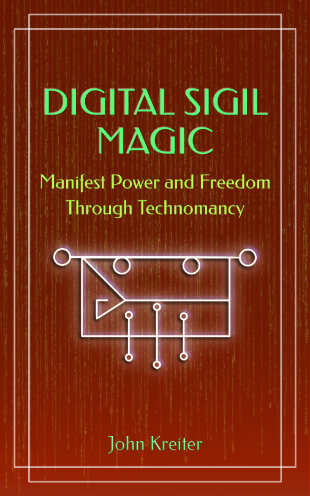

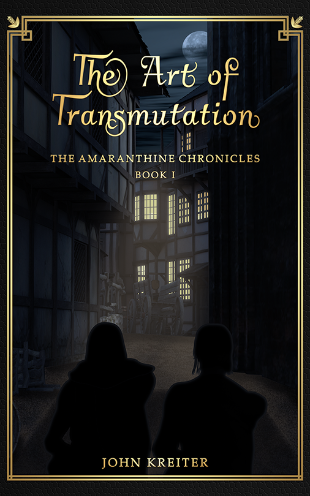
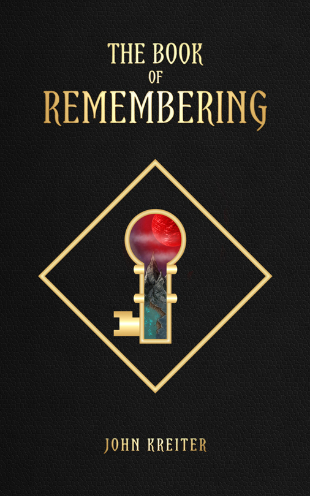
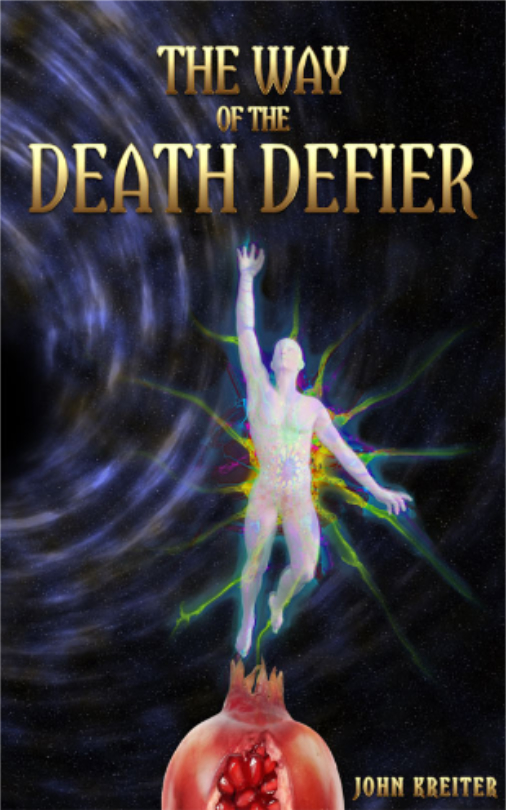
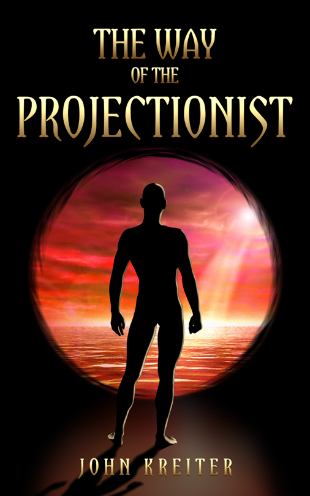
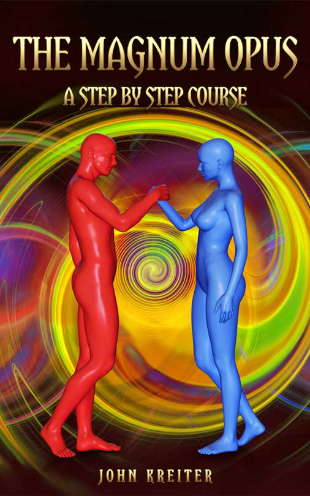
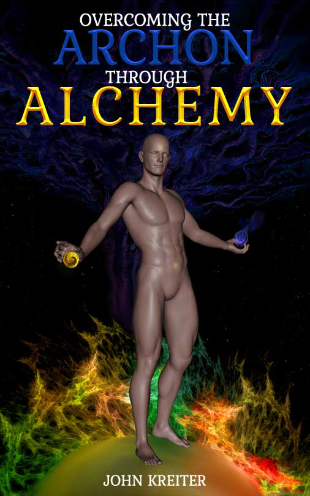
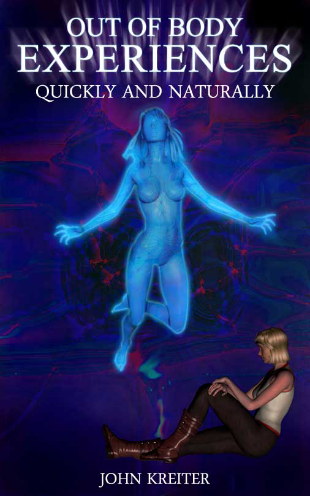
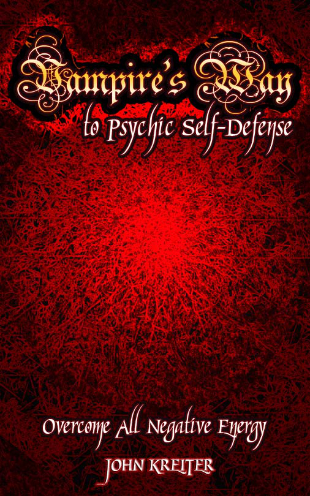
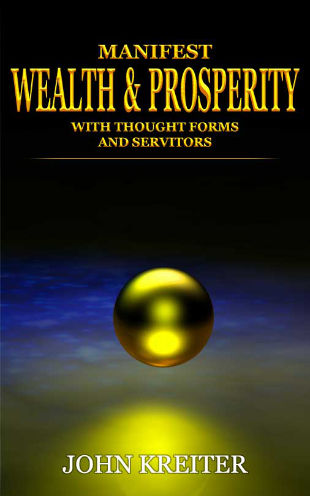

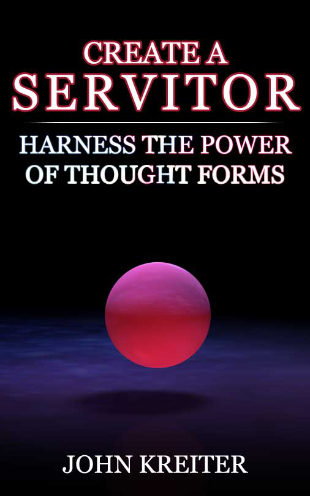


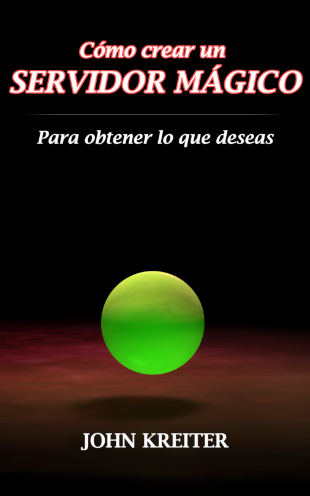


Leave a Reply